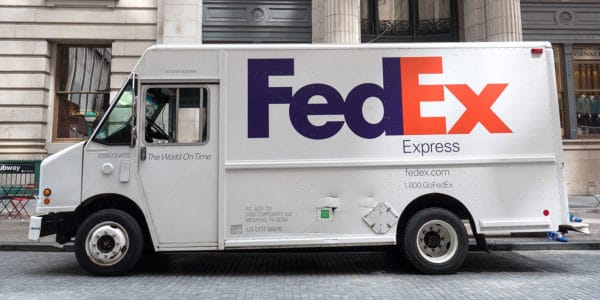Many professional businesses which have traditionally been run as partnerships have decided to convert to limited liability partnerships (LLP) since the introduction of the Limited Liability Partnerships Act 2000. LLPs provide some of the benefits of incorporation and limited liability, whilst retaining aspects of a traditional partnership. So, what are the advantages of converting a partnership to an LLP, and how does the process work?
Key takeaways
- Converting to an LLP provides limited liability, protecting members from personal liability for business debts.
- LLPs maintain flexible profit distribution while avoiding corporation tax, benefiting individual members’ financial management.
- A clear transfer agreement is essential to document business assets and liabilities when converting from a partnership to an LLP.
The benefits of converting a partnership to an LLP
LLPs combine some of the benefits associated with both regular partnerships and limited companies. They bring together the flexibility of the former and the financial protections of the latter. Advantages of moving from a partnership to an LLP include:
- Limited liability – often the key reason to convert from a partnership to an LLP is to gain limited liability. Partnerships do not afford any protection from being pursued in respect of bad debts and other liabilities. However, members of an LLP will generally be insulated from liabilities in the same way as company shareholders.
- Legal personality – an LLP is recognised as a separate legal entity, in the same way as a limited company. This means that it can trade and purchase property in its own name, unlike with a partnership where individual partners need to take personal legal responsibility for any actions of the partnership.
But some of the features of partnerships are still retained with LLPs, such as:
- Distribution of profits and tax – profits of LLPs can be allocated on a discretionary basis, which provides more flexibility than limited companies. Additionally, there is no corporation tax to pay. Instead, LLP members are individually taxed on their profits.
- Confidentiality – the LLP Agreement is confidential. This is in contrast to the articles of association of a limited company, which must be filed with Companies House.
How can I convert a partnership to an LLP?
There is no specific conversion process. Instead, an LLP needs to be incorporated, the existing business transferred across, and the old partnership dissolved. The main steps are as follows:
1. Check existing agreements
Before converting a partnership to an LLP, it is important to first review the Partnership Agreement. Normally a unanimous vote will be required to take the step to convert to an LLP. Communicating the reasons for conversion and highlighting the benefits will be key to obtaining approval from all partners.
As well as the Partnership Agreement, it will be necessary to check contractual arrangements with suppliers, customers and any employees. Most contracts can be moved across, but they may need to be updated to reflect the change.
2. Register the LLP
LLPs must be registered with Companies House in the same way as limited companies. However, registration of a limited liability partnership cannot currently be done online directly with Companies House.
You can incorporate an LLP by post directly with Companies (using form LL IN01) for £124, or you can register online using third-party software or via an authorised company formation agent.
At Quality Company Formations, we can help you set up a limited liability partnership quickly and easily online with our exclusive LLP Package, at a cost of only £19.99 (excluding the £100 Companies House fee). Most applications are approved at Companies House within just 24 hours, although this is not guaranteed.
3. Transfer agreement
A transfer agreement should be put in place to document the transfer of the business from a partnership to an LLP. This agreement sets out all the assets and liabilities being transferred to the new entity.
4. LLP Agreement
Any important terms contained within the old Partnership Agreement will need to be incorporated into a new LLP Agreement. It should include all the existing arrangements and be as comprehensive as possible.
It should be noted that a Partnership Agreement only deals with the relationship between individual partners, but an LLP Agreement will cover both:
(i) the relationship between individual members
and
(ii) the relationship between the members and the LLP itself
5. Dissolve the partnership
Assuming that a successful unanimous vote was taken to convert from a partnership to an LLP, it should be straightforward for the partners to subsequently agree to dissolve the partnership, to conclude the conversion process.












Join The Discussion
Comments (2)
Hi
My wife, and I have run a Property rental business called Lansdales Properties as a partnership which we have done for 30 years, our son and daughter our now helping out with the work load, with the changing protection of tenants we would like to change to an LLP.
Can we have a chat about how to do this please.
Peter
07831525999
Dear Peter,
Thank you for your kind comment.
We would love to assist with incorporating your LLP. Please do get in touch with our Customer Service Team Monday – Friday 08:30 – 17:30. As they would be more than happy to discuss this further with yourself.
Kind regards,
The QCF Team.